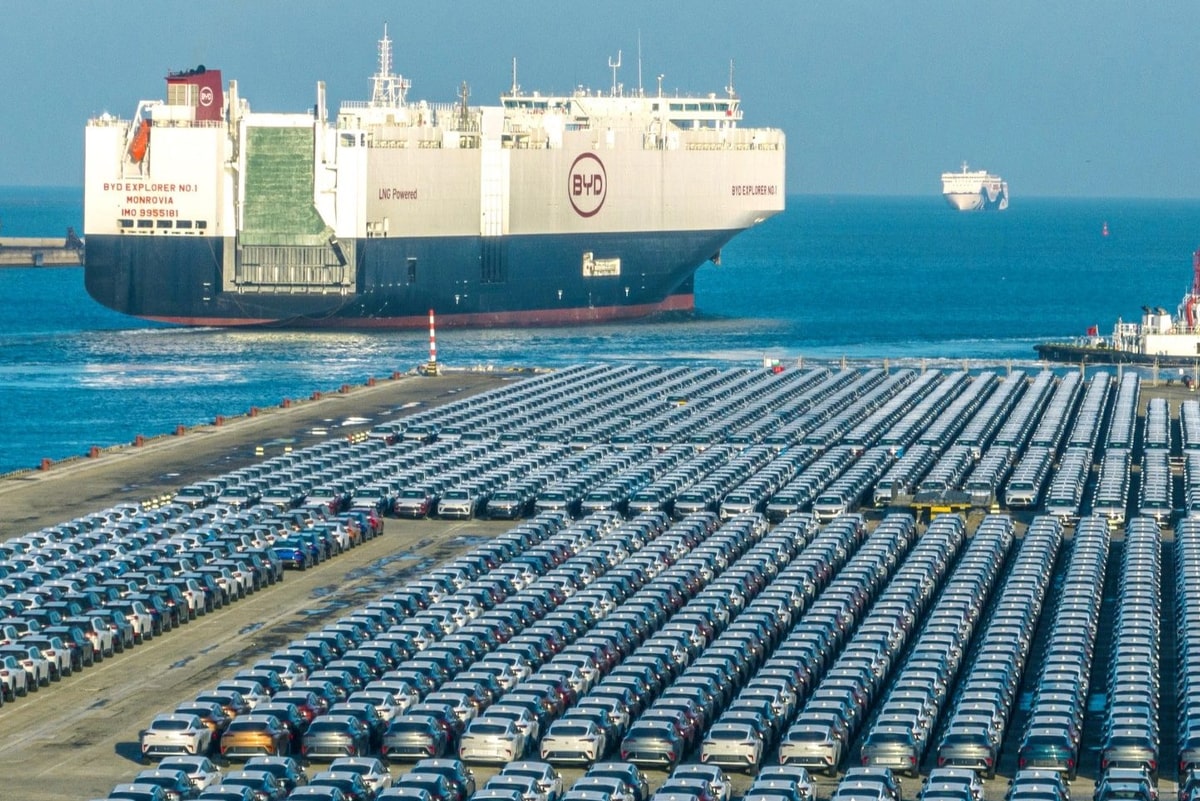Canada considering a tariff hike on China-made EVs
The Canadian government plans to take action against China’s trade practices. The nation’s auto industry and its workers “face unfair competition from China’s intentional, state-directed policy of overcapacity and lack of rigorous labour and environmental standards,” as per a statement Deputy Prime Minister Chrystia Freeland’s office released on 24 June.
Chinese manufacturers are creating an oversupply situation that impacts the profit incentives of EV manufacturers globally, including in Canada. More than 125,000 well-paid Canadian jobs, including many unionised positions, directly depend on the nation’s auto manufacturing industry. There’s a surge in the import of cars from China is the country: In 2023, the port of Vancouver alone saw a fivefold increase in such inward shipments, to 44,400 units, as per a recent Bloomberg report.
On 2 July, Canada will start a 30-day consultation to gather public views on possible policy responses to counter China’s malpractices in the EV industry. The country is considering a surtax under section 53 of the Customs Tariff, revisions on its zero-emission vehicle incentive program (iZEV), and investment restrictions. Currently, Canada levies a low customs tariff of 6.1% on EV imports from China.
Canada is the only Western country with an abundance of minerals that are critical for batteries and EVs, such as cobalt, graphite, lithium, and nickel. The world’s transition to EVs presents an opportunity for the North American nation to uplift its significance in the auto industry. Ford, GM, Stellantis, LG Energy Solutions, and many other companies have announced billions of dollars in EV and EV-related investments in Canada.
Canada isn’t the only nation that has called out China’s unfair trade practices in the EV industry. The US has increased the tariff rate on China-made EVs from 25% to 100%. Mexico is trying to curb Chinese domination in its EV industry because of pressure from the US, but only by stopping incentives for local production, not starting a tariff war. The EU will impose provisional countervailing duties of up to 38.1% on Chinese-origin electric vehicles from July and take definitive measures within four months from that date.
deputypm.canada.ca, bloomberg.com, cbsa-asfc.gc.ca, canada.ca, reuters.com





0 Comments